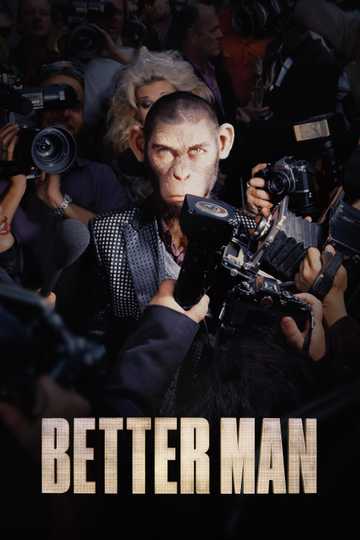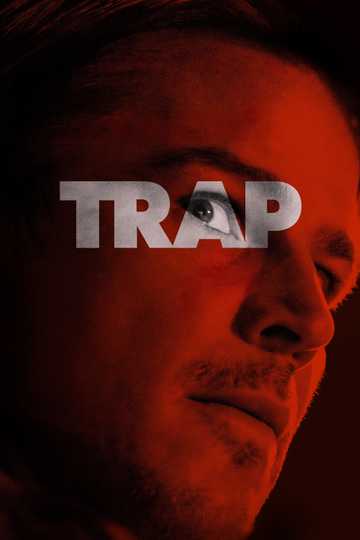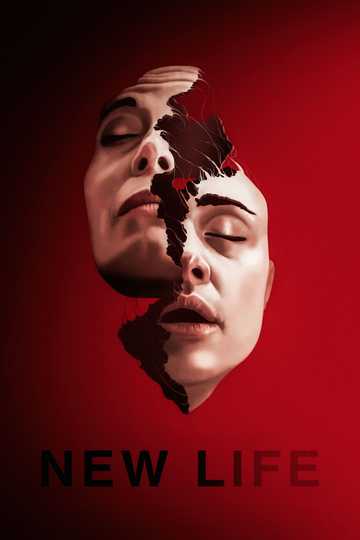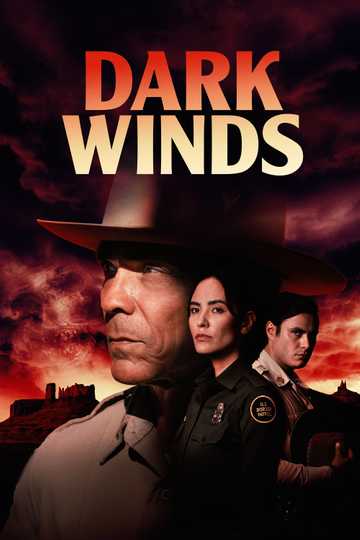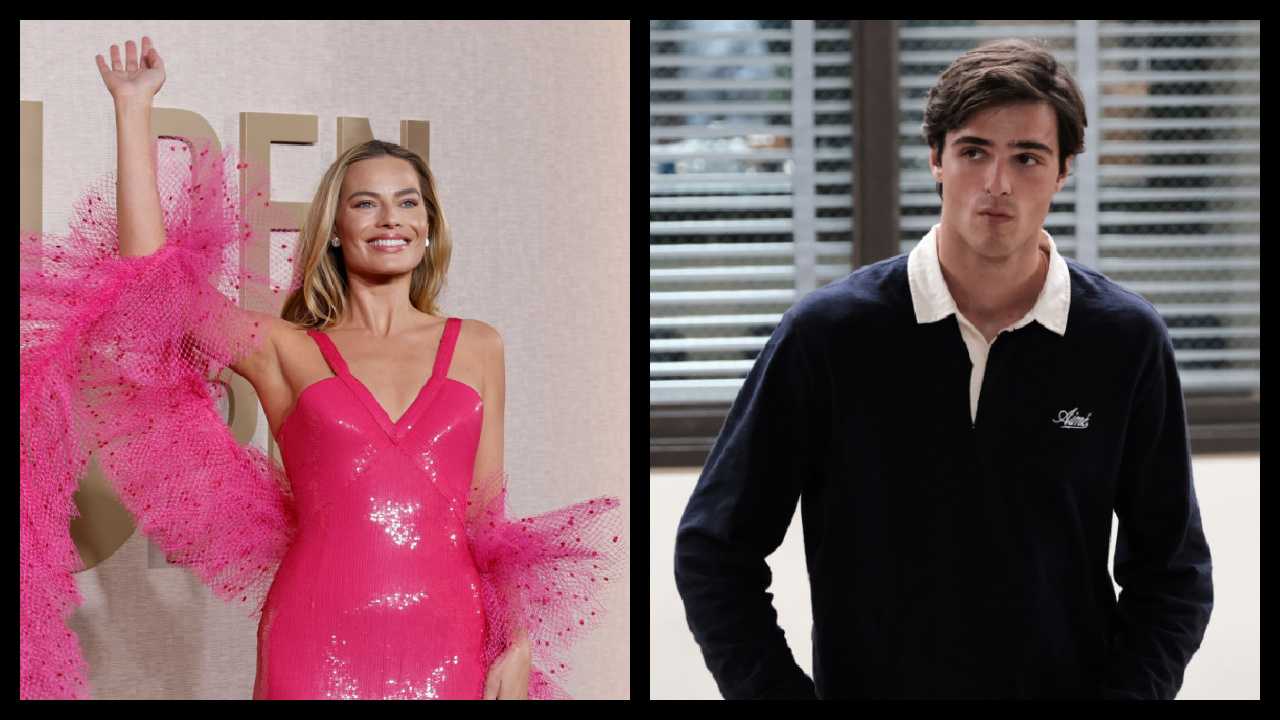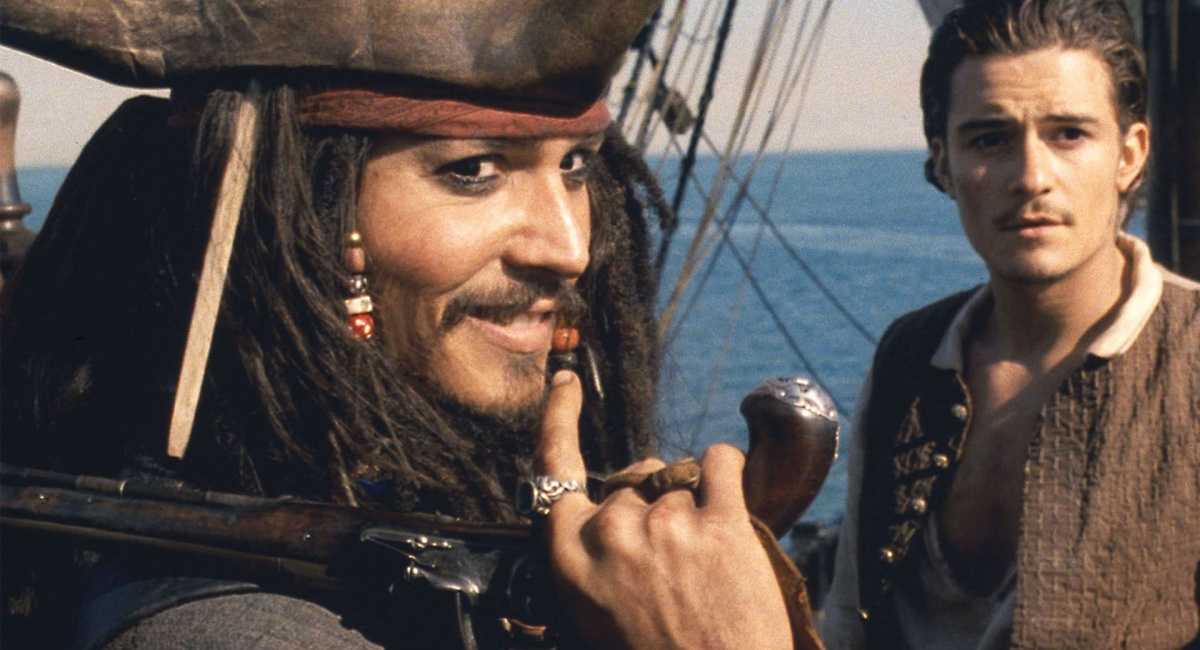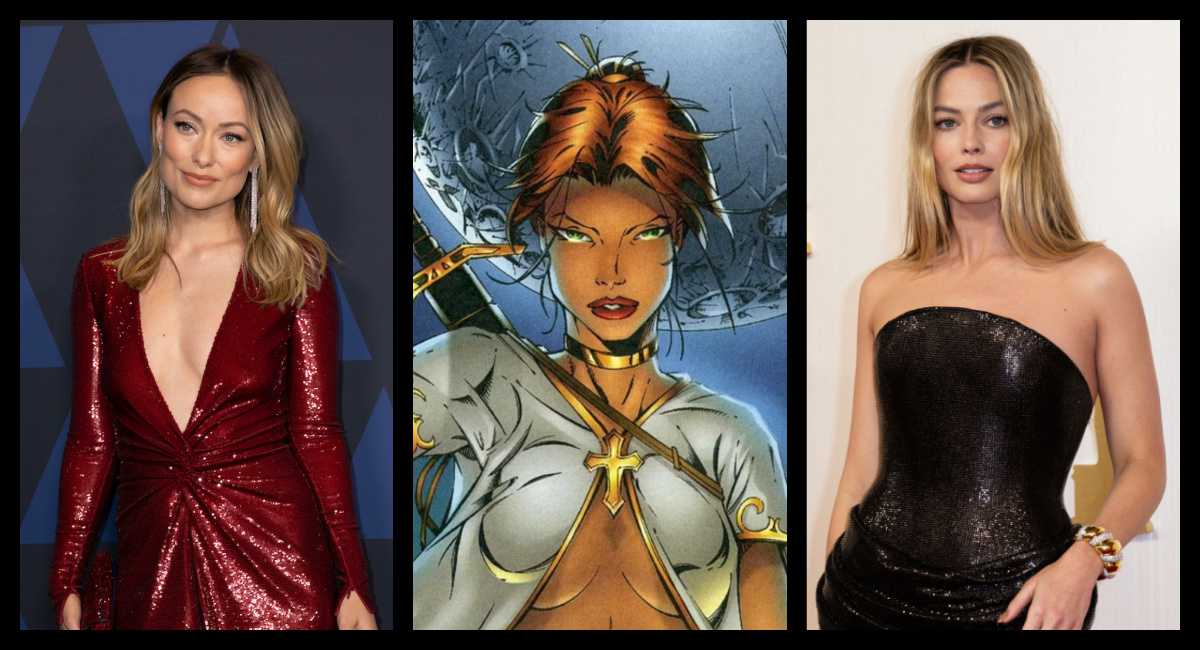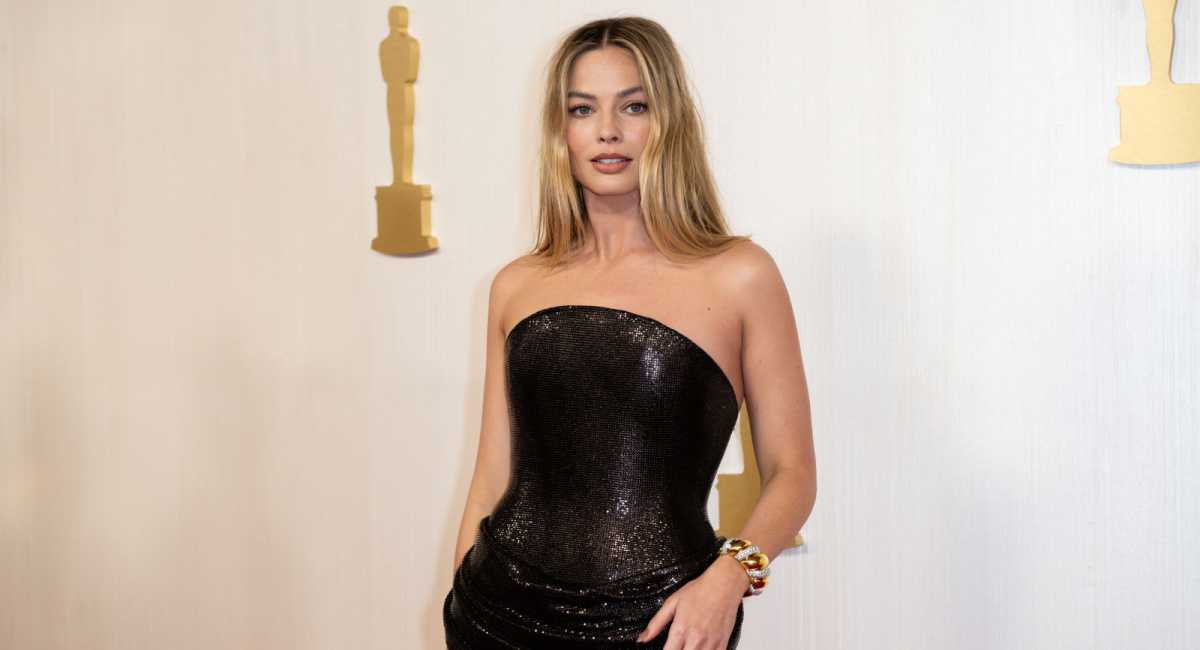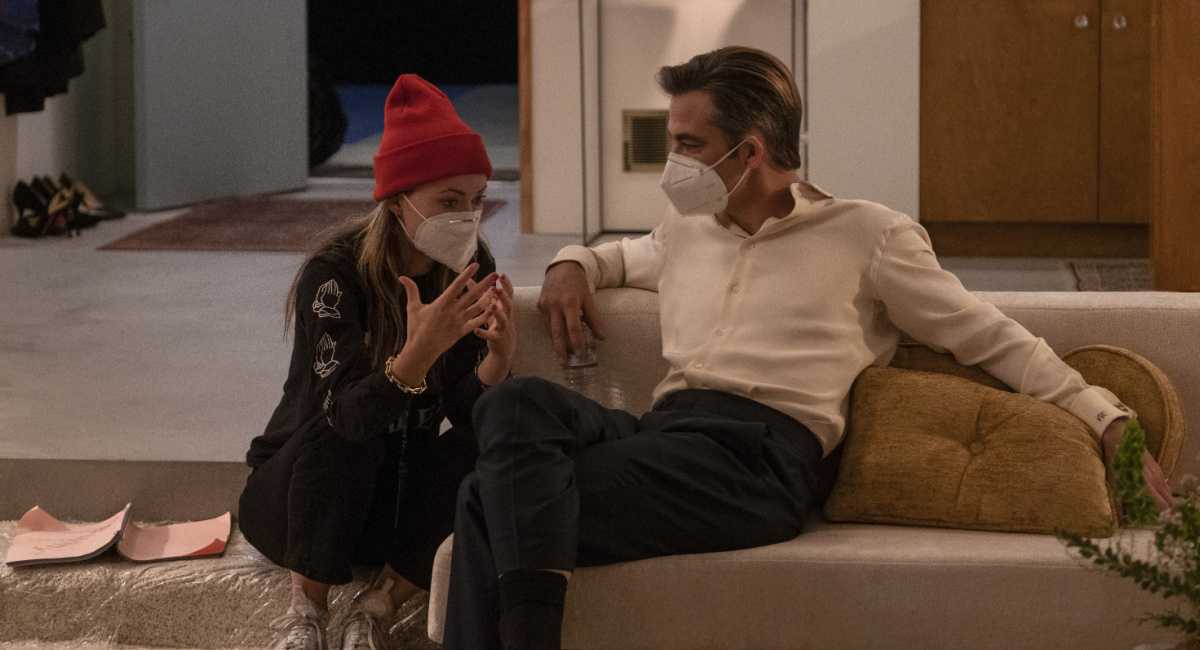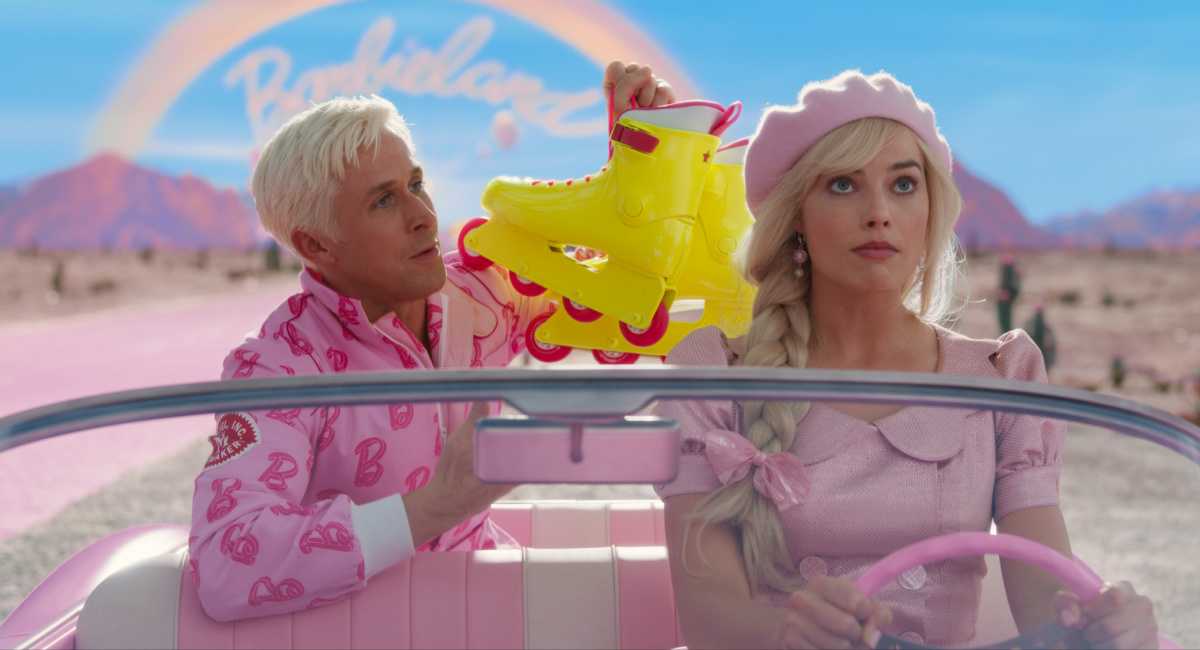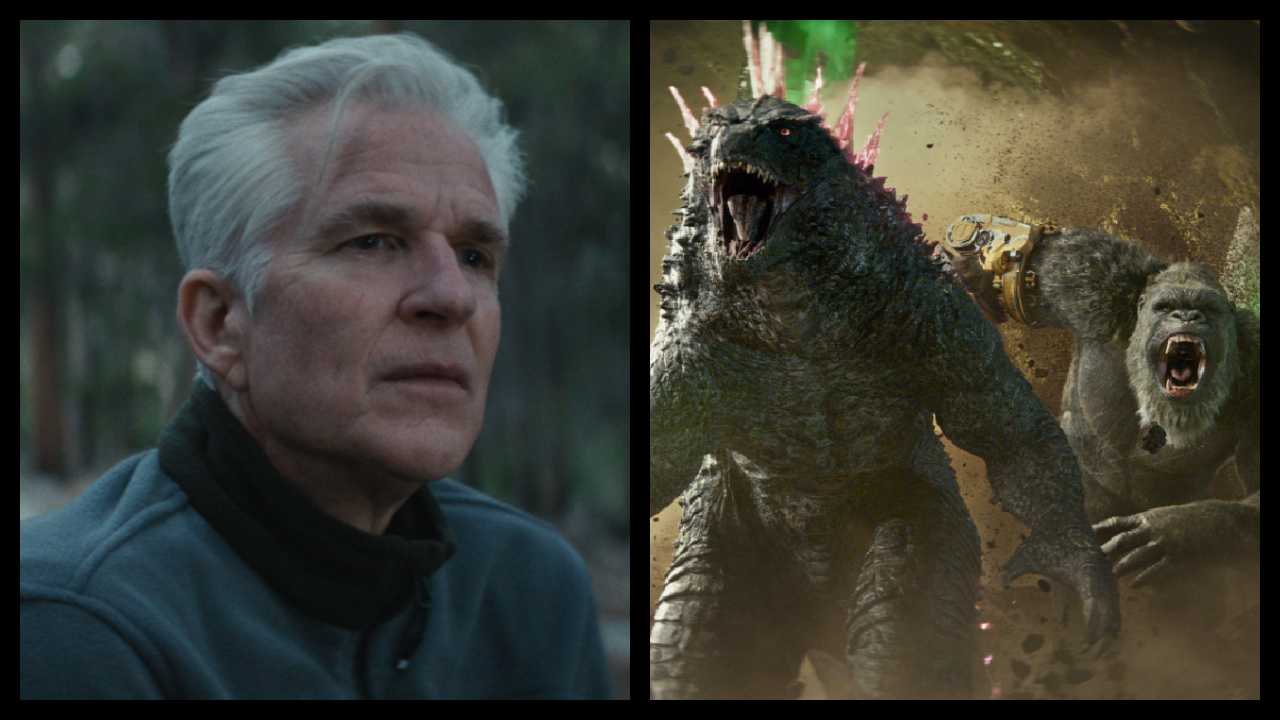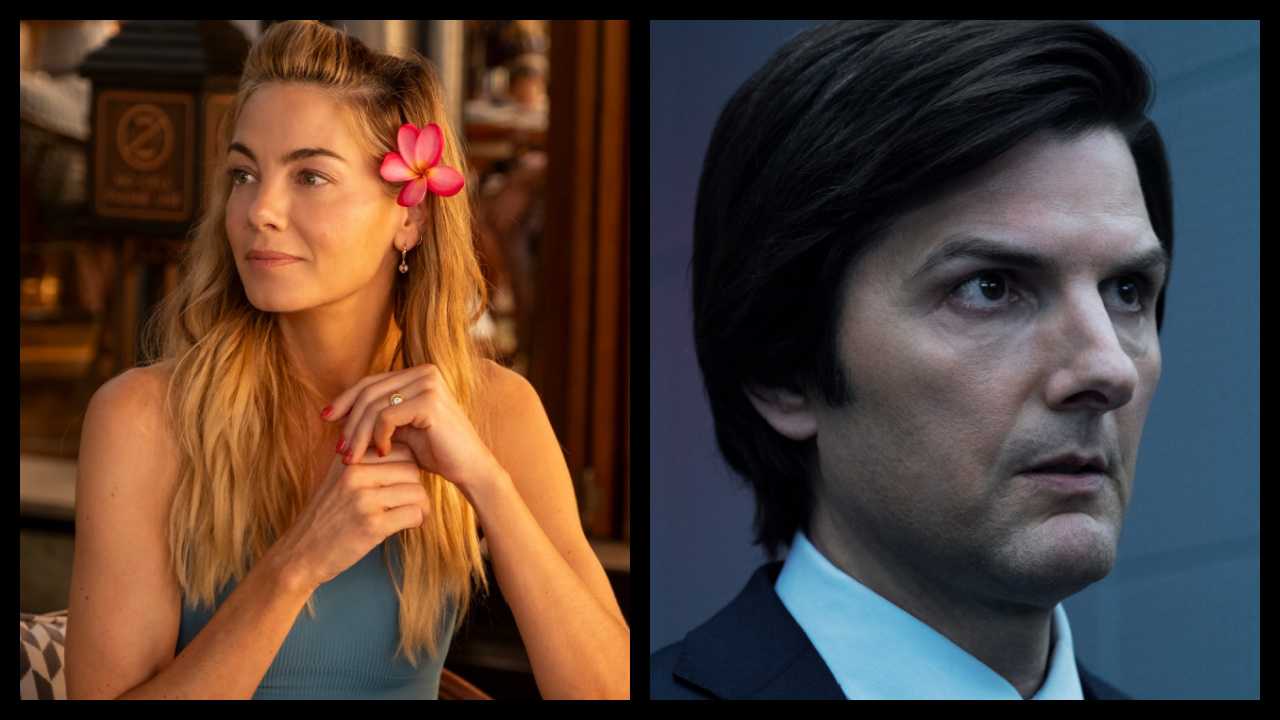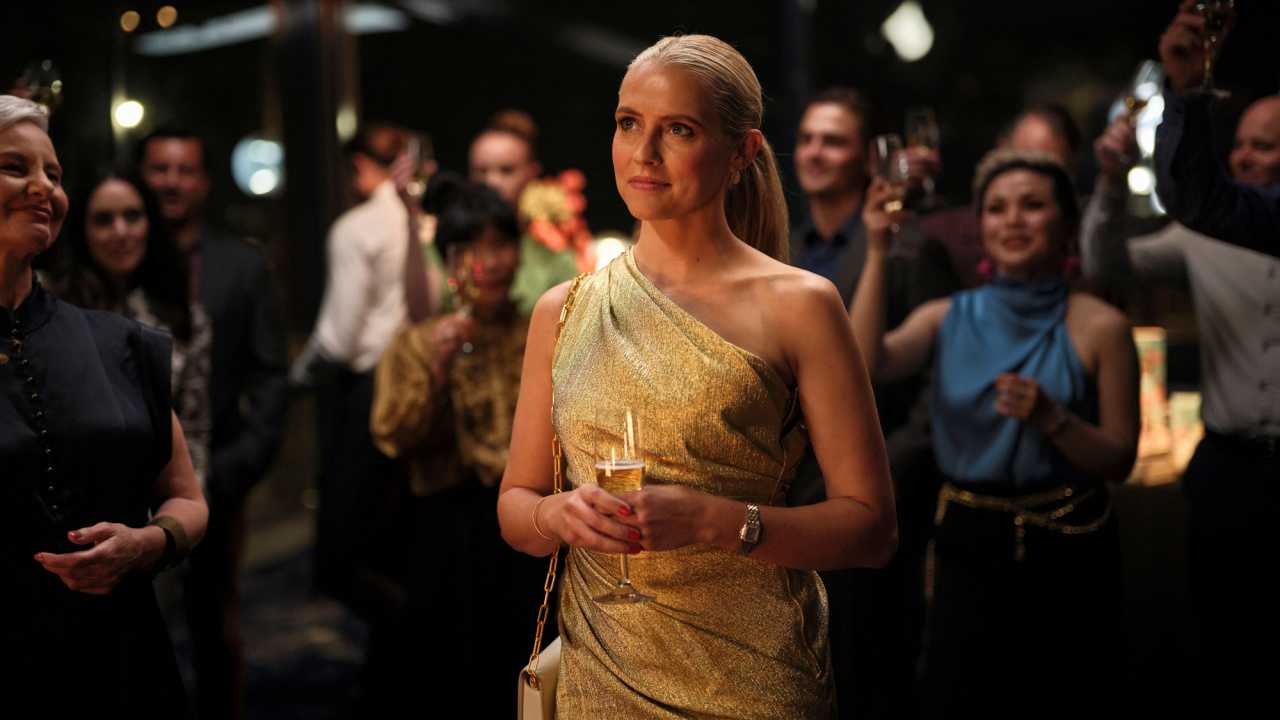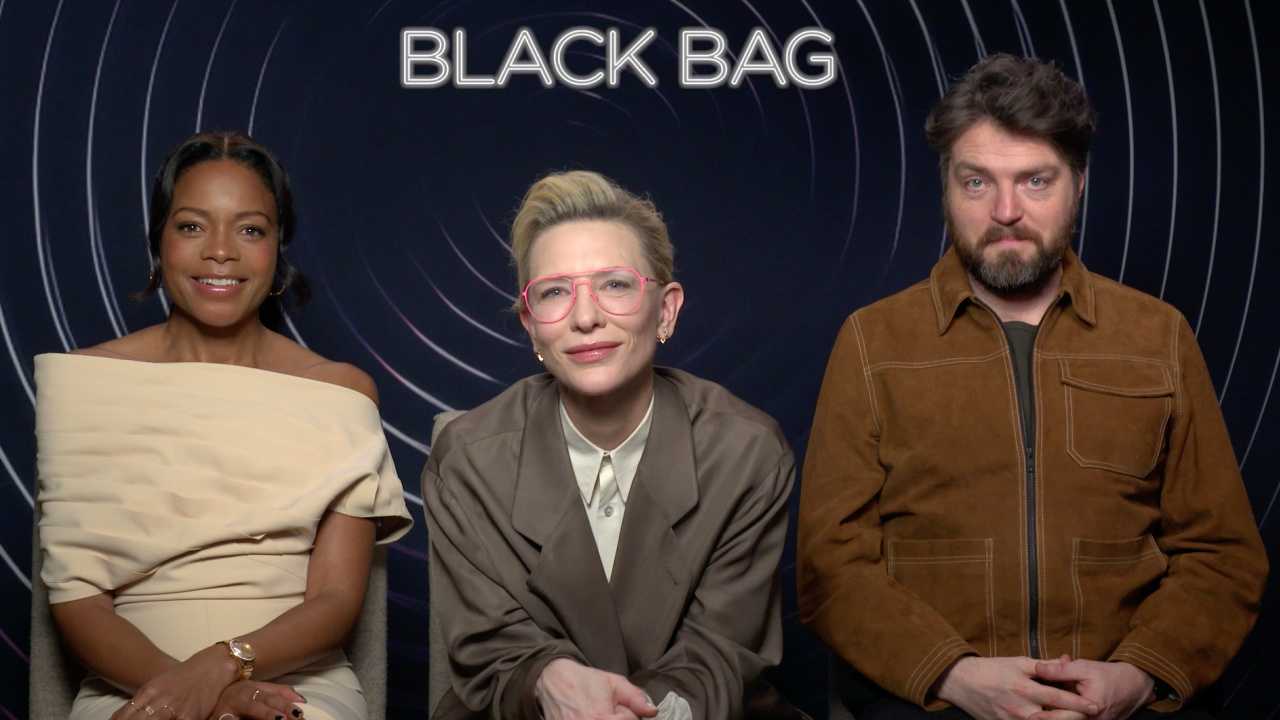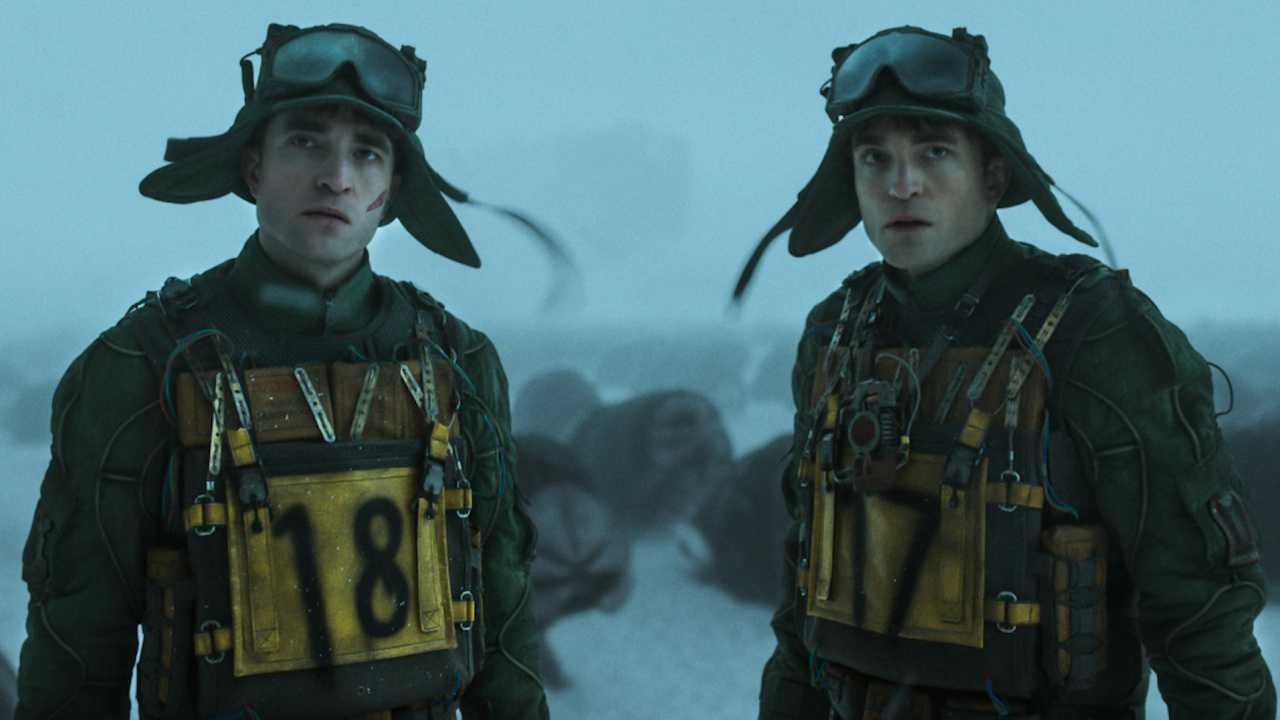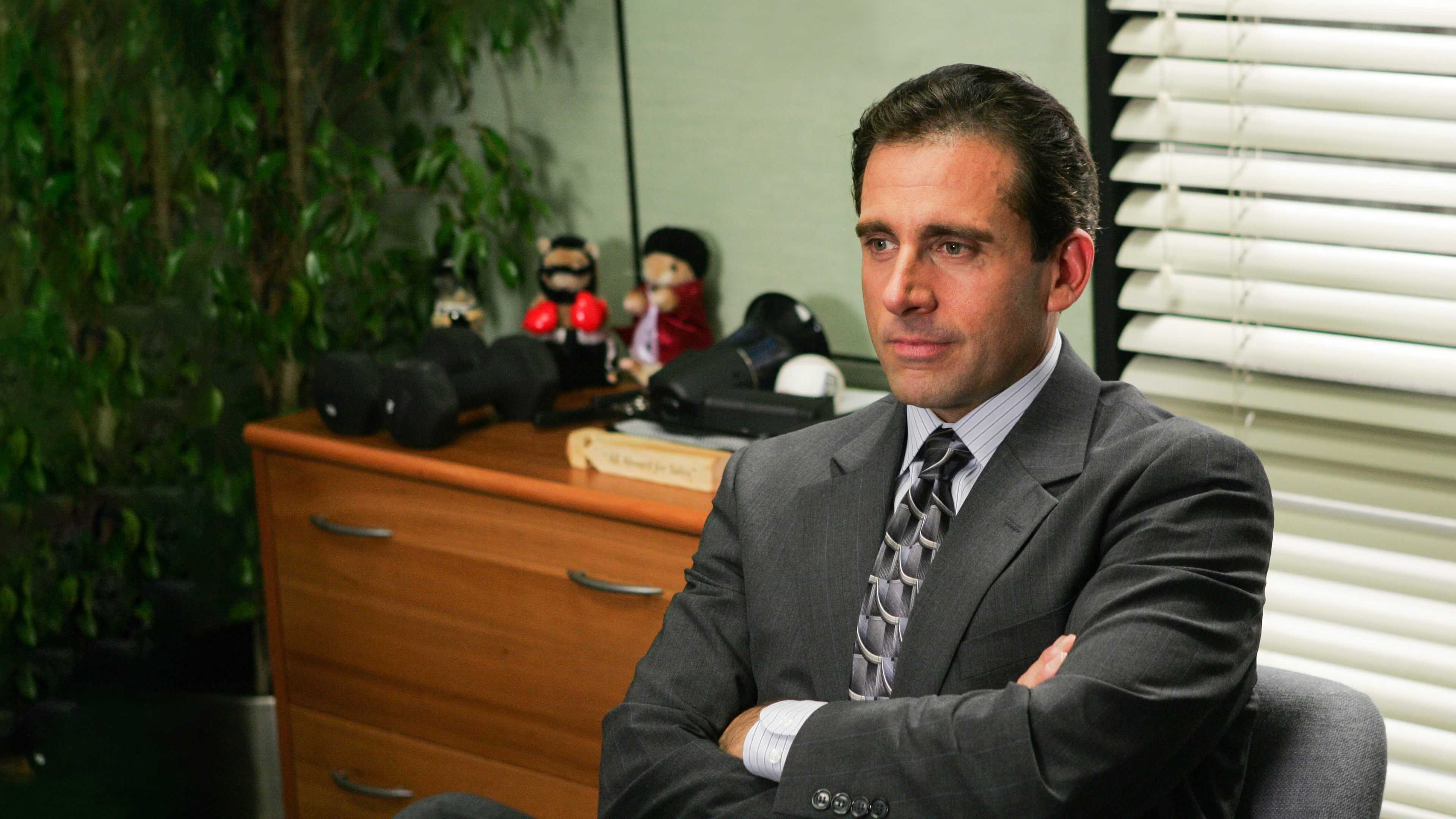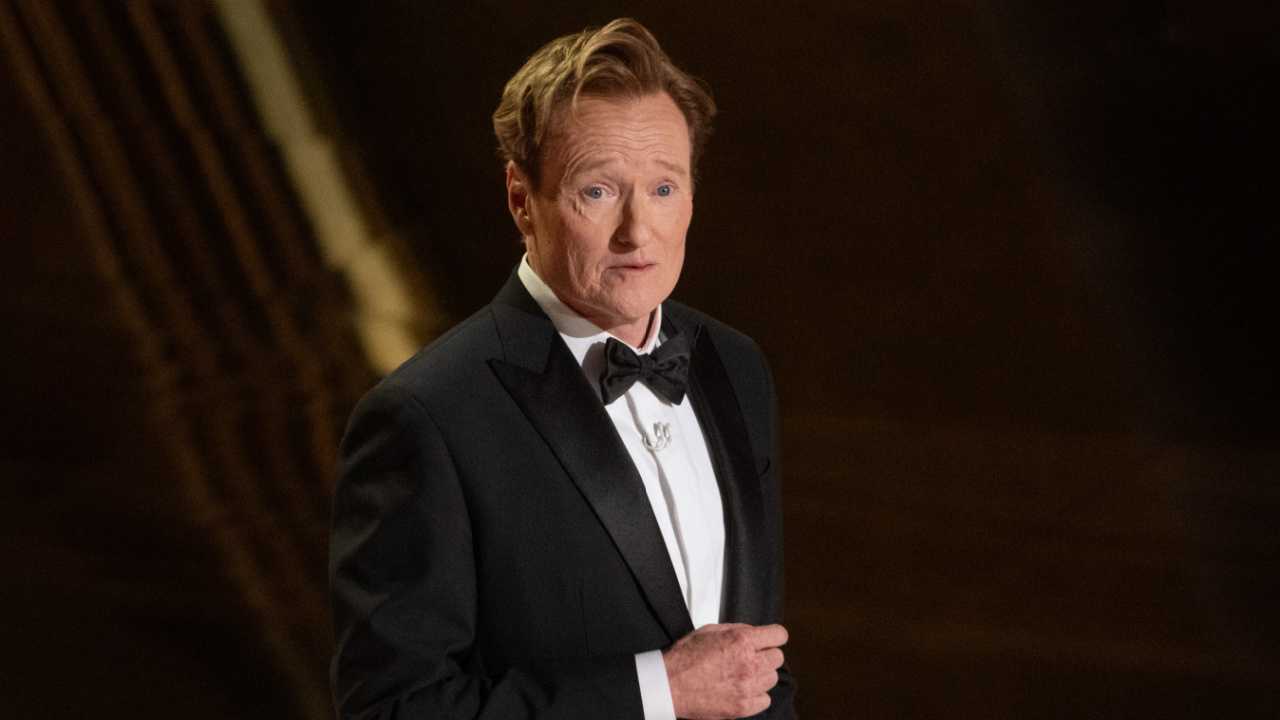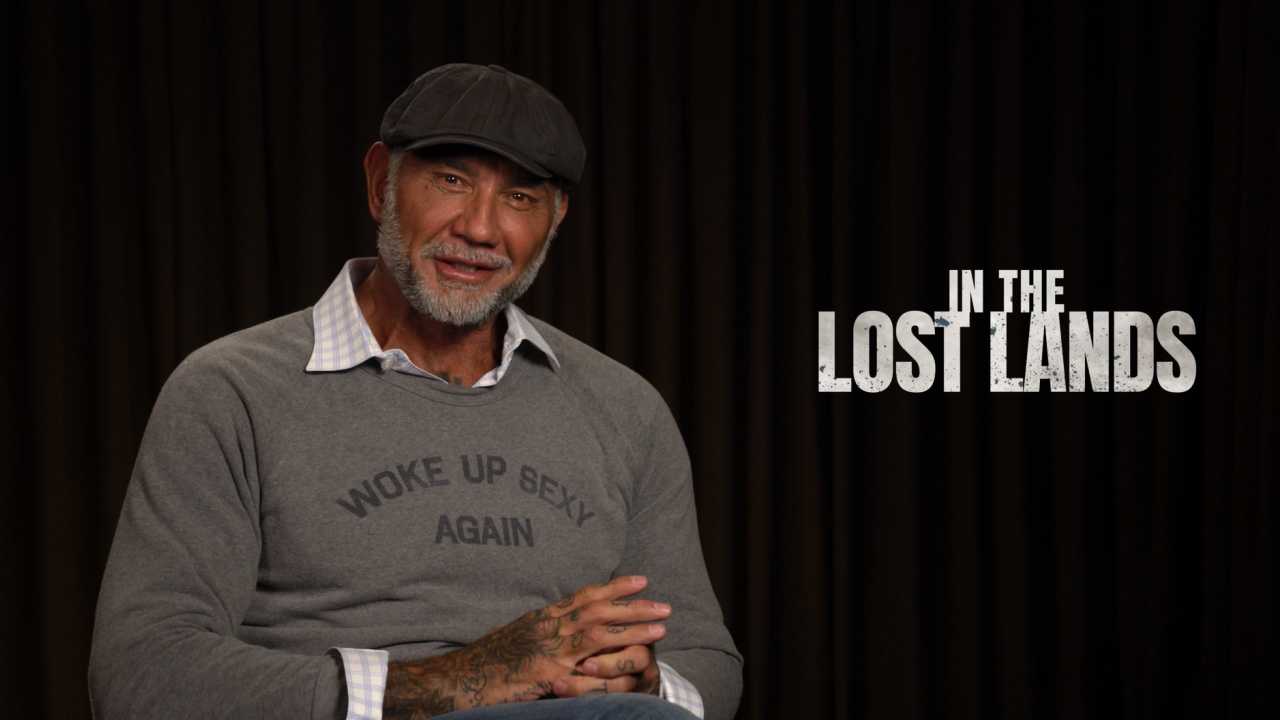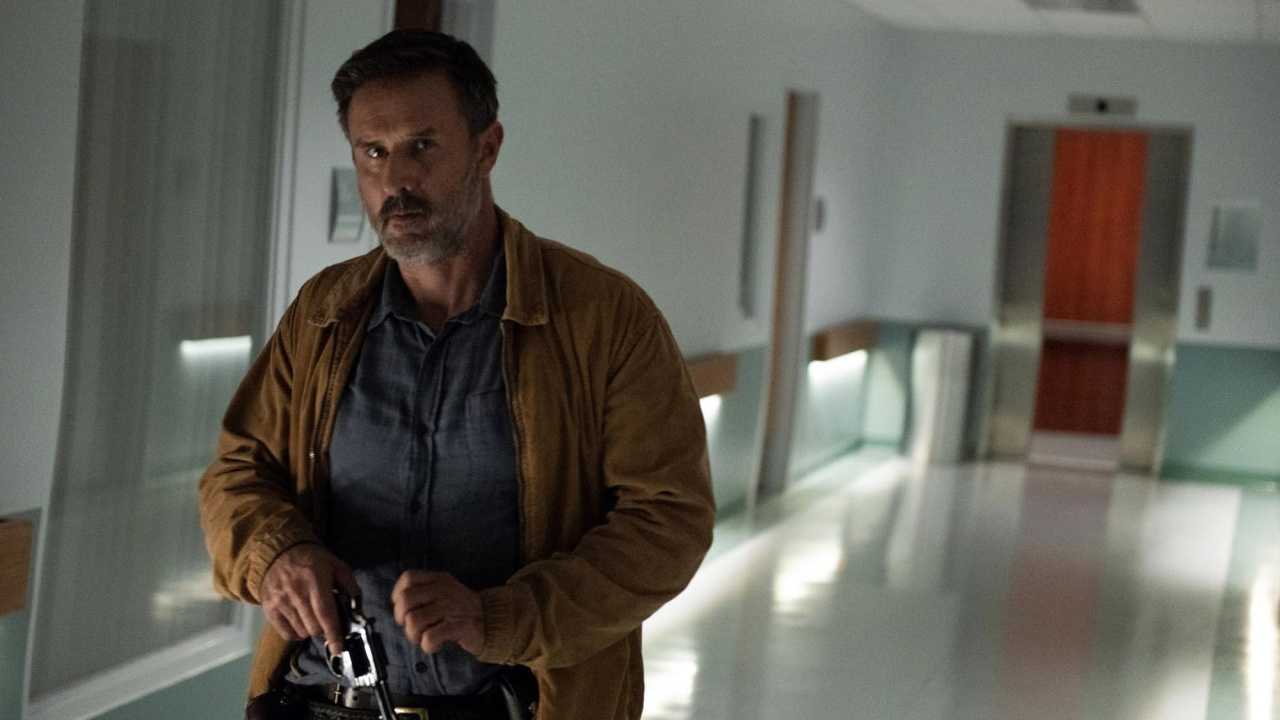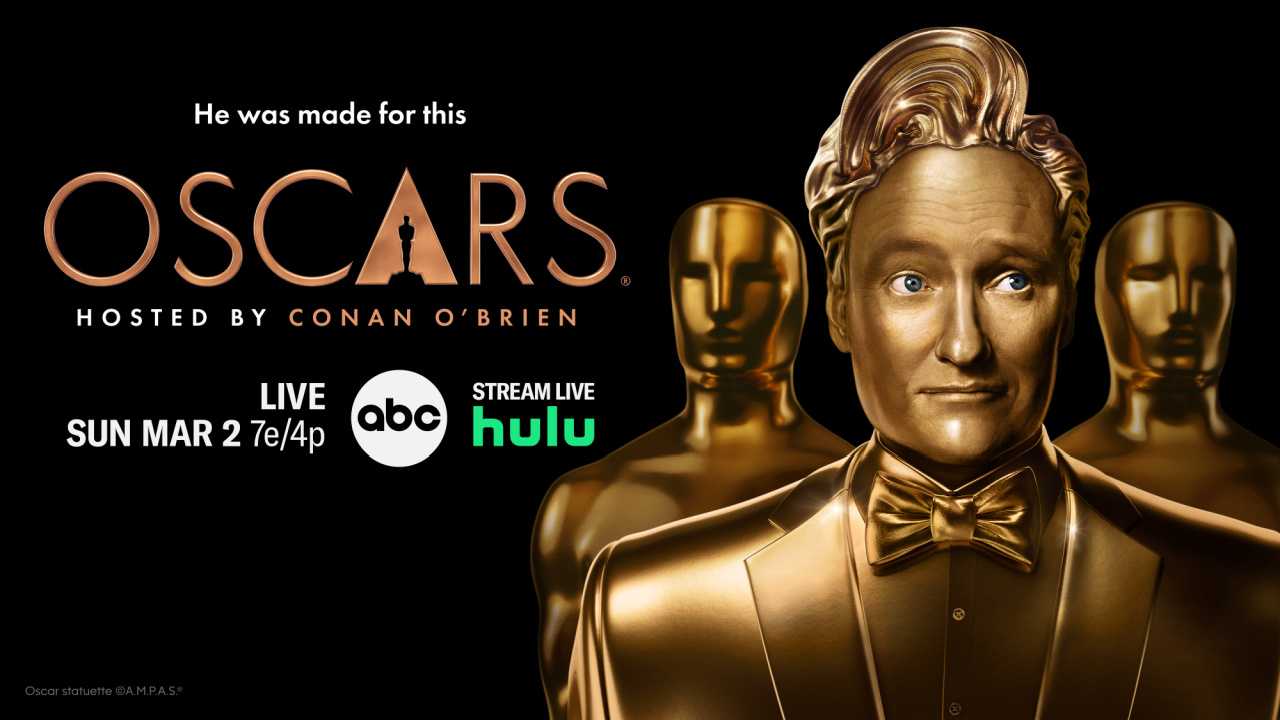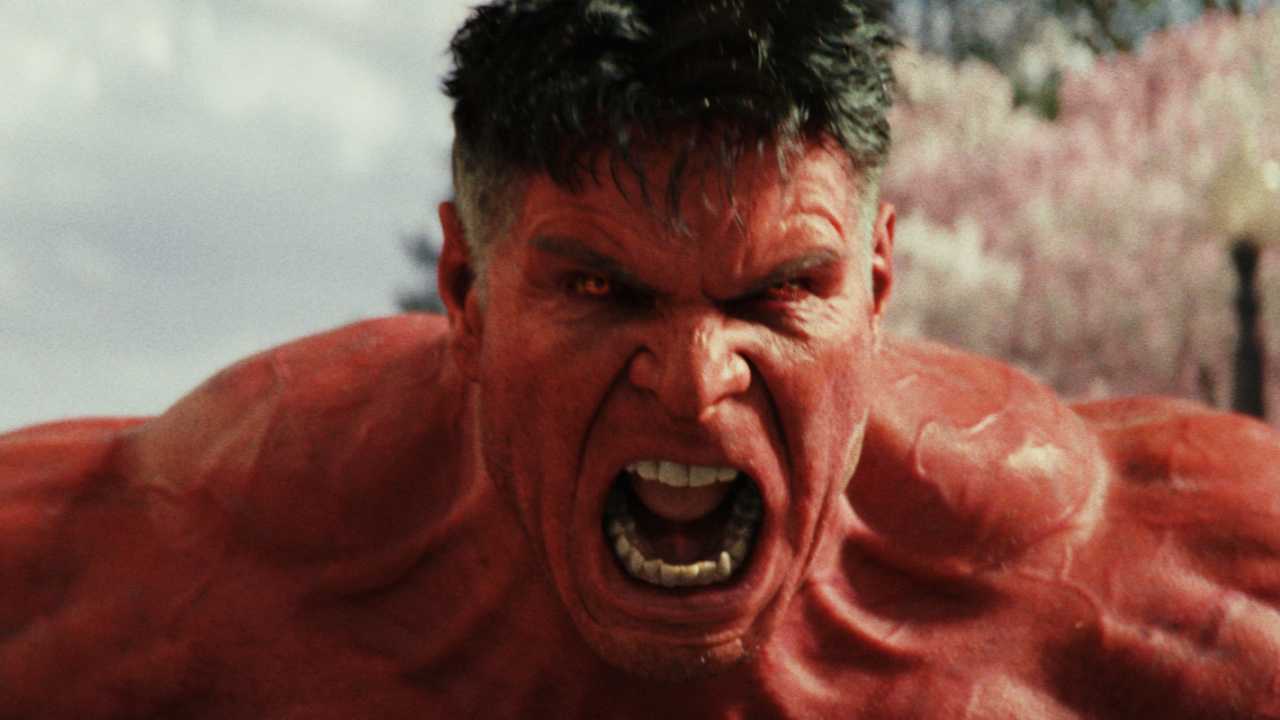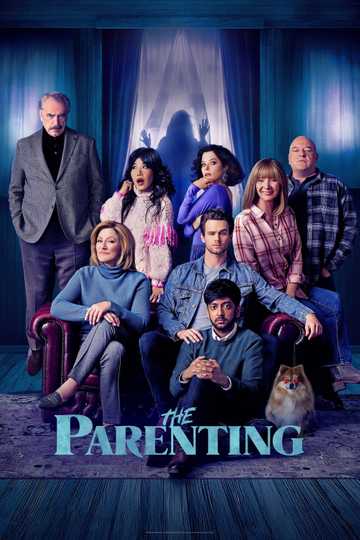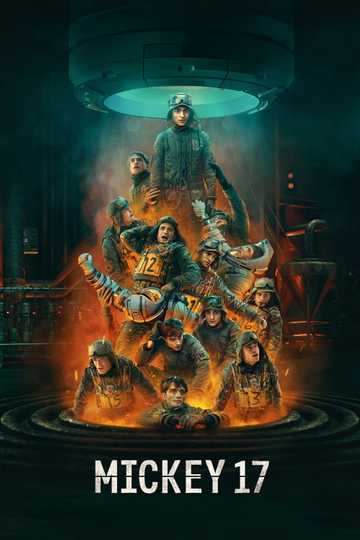David O. Russell’s ‘Amsterdam’ is a Star-Studded Mess
An ungainly attempt to blend big names, comedy and an anti-fascism message never quite comes together for the ‘American Hustle’ director.
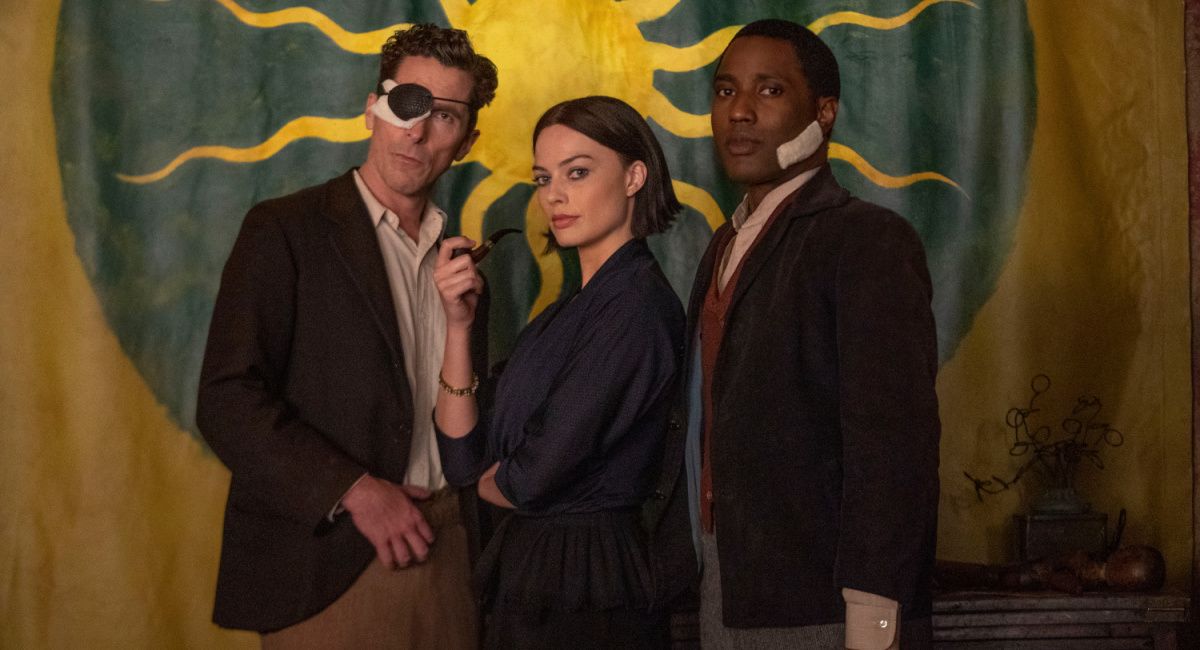
(L to R) Christian Bale, Margot Robbie and John David Washington in director David O. Russell's 'Amsterdam.' Photo courtesy of Walt Disney Studios.
Opening in theaters on October 7th, ‘Amsterdam’ reveals David O. Russell’s talent for attracting quality actors, but also comes across as his weakest script and resulting movie in quite some time.
‘Amsterdam’ certainly doesn’t lack for either star power or quality character actors: around a central trio of Christian Bale, Margot Robbie and John David Washington, Russell has built an ensemble that includes Robert De Niro, Andrea Riseborough, Anya Taylor-Joy, Chris Rock, Mike Myers, Michael Shannon, Timothy Olyphant, Zoe Saldana, Rami Malek, Ed Begley Jr. and Taylor Swift.
It’s the sort of cast that most filmmakers would sell their grandmothers to acquire, but unfortunately it’s a lot of impressive people in service of an underbaked narrative that is more about quirks and screwball comedy – until it isn’t.
Bale plays Burt Berendsen, an idiosyncratic doctor with a glass eye and a complicated back brace who works to help World War I veterans like himself to feel whole again with prosthetics and other techniques.
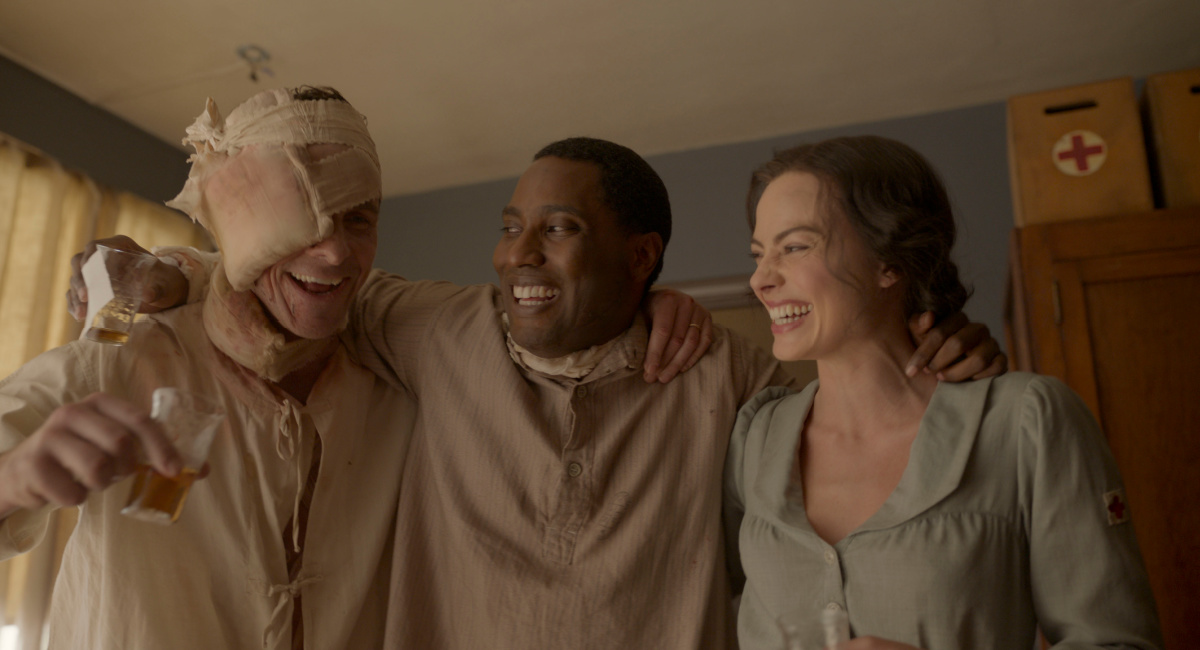
(L-R): Christian Bale, John David Washington, and Margot Robbie in 20th Century Studios' 'Amsterdam.' Photo courtesy of 20th Century Studios. All Rights Reserved.
John David Washington is Harold, Burt’s lawyer, but also his old war friend, who served with him in an integrated unit commanded by Ed Begley Jr. Immediately following the conflict Harold and Burt spent a few years in a bohemian throuple with a nurse named Valerie (Robbie), who also happened to be a rebellious trust fund hipster.
The three spent their time in an artists’ loft in Amsterdam, living, loving and, in Valerie’s case, making art. But it didn’t last once they returned home.
When Begley Jr.’s general dies – suspiciously, according to his daughter, played by Swift (who, yes, has the chance to sing briefly) – Burt and Harold are thrown into investigating what really happened to the military man. And that, in turn, brings them into contact with the likes of Saldana’s heroic nurse and a much wider conspiracy and fully reconnects them with Valerie.
Before too long, Burt and Harold are framed for a crime themselves, and must work to clear their own names. That mission leads to them meeting De Niro’s hero general, a friend of Begley Jr.’s. He’s the pawn in the bigger plot, but comes to play a much important part, even if it is late in the film.
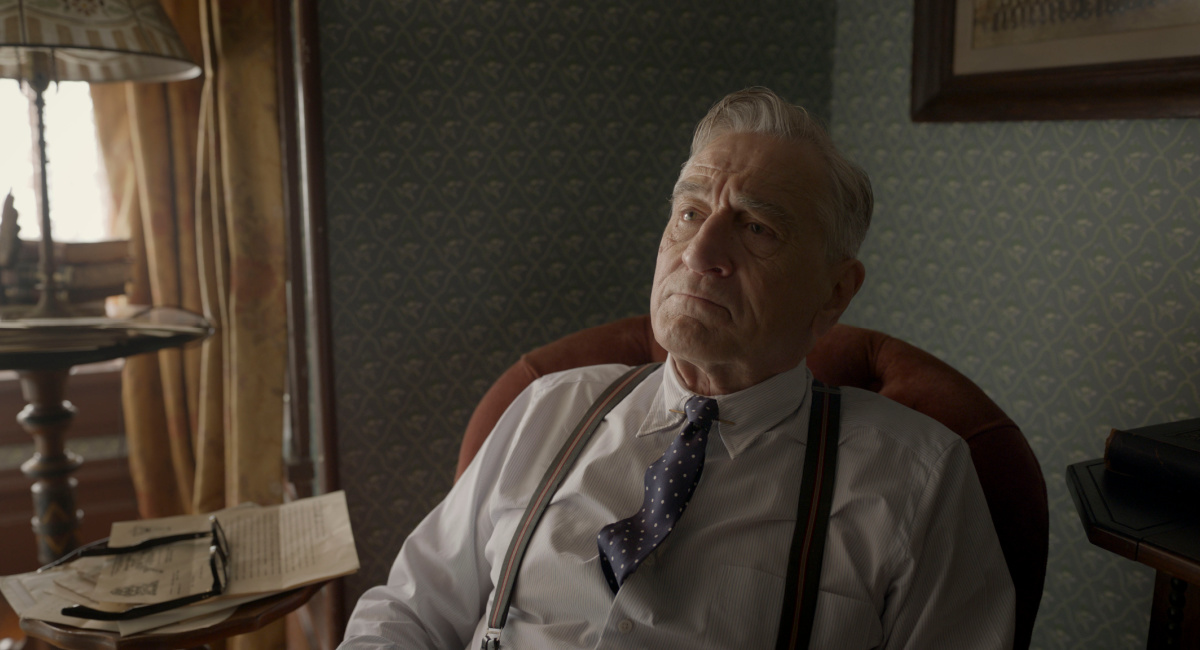
Robert De Niro in 20th Century Studios' 'Amsterdam.' Photo courtesy of 20th Century Studios. © 2022 20th Century Studios. All Rights Reserved.
With a seemingly compelling set-up, you might think that the movie would roll along merrily, bringing opportunities for slapstick humor, twists and turns. And it does – but there’s very little that is merry about this mess.
A big problem is one of clashing tones, even within the main cast. While Bale (never one to pass up the chance to throw himself into an odd character, shed some weight and adopt a make-up prosthetic) and Robbie go full tilt with their quirky personas, Washington appears to have been dropped in from another film all together. He puts the “dead” into “deadpan”.
Yes, people are not one type, yes, different personalities can work when portrayed on screen, but here it simply doesn’t blend, the oil/water combo leading to an awkward, distracting experience that clouds any possible benefit from the story.
It’s such a frustrating experience, putting weirdness and silliness before narrative.
As he weaves his mystery story, Russell loads up the movie with more and more side characters and only barely manages to make them all connect.
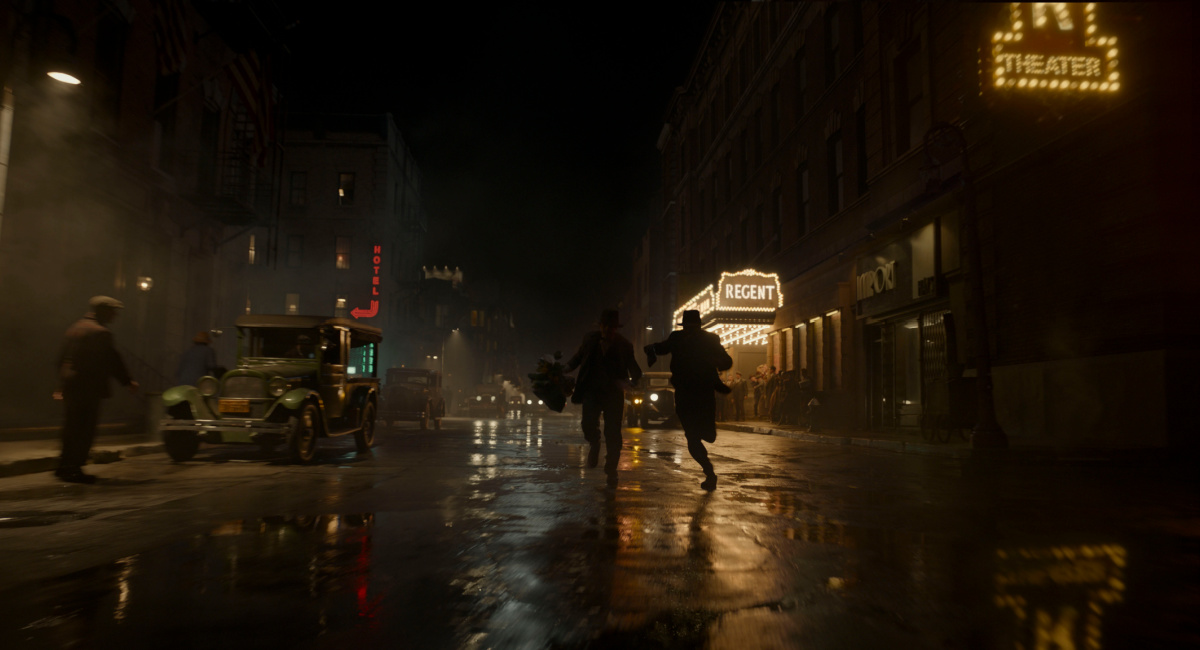
(L-R): Christian Bale and John David Washington in 20th Century Studios' 'Amsterdam.' Photo courtesy of 20th Century Studios. All Rights Reserved.
Though the writer/director clearly has a lot on his mind – personal freedom vs. responsibility, the joy of expression through art, life in the interwar period and the necessity of standing up to fascism – but it’s all mashed together into an ungainly stew of messages and madness.
That final topic, the seemingly endless struggle against the forces of racist totalitarianism and power-hungry elites, is so watered down by everything that has come before that it lacks any real punch. It’s not so much a well-crafted allegory for life than it is a lesson driven home with all the subtlety of a carpenter using the world’s heaviest hammer.
The cast does their best to keep it all afloat – Bale commits, of course, and Robbie brings her considerable charm to bear on the role of Valerie. All that really serves to do, though, is push Washington further into the background, a waste of his own considerable (if straight arrow) charisma.
Others, such as Malik and Taylor-Joy barely get a chance to register, though there are a few who push through the noise, such as Alessandro Nivola as the confused, angry Detective Hiltz or Rock, who finds the funny in every line he’s given (his reaction upon discovering that Bale and Washington are looking to move a dead body is a fine example). Many are less real human beings and more collections of tics, such as Myers and Shannon as government agents.
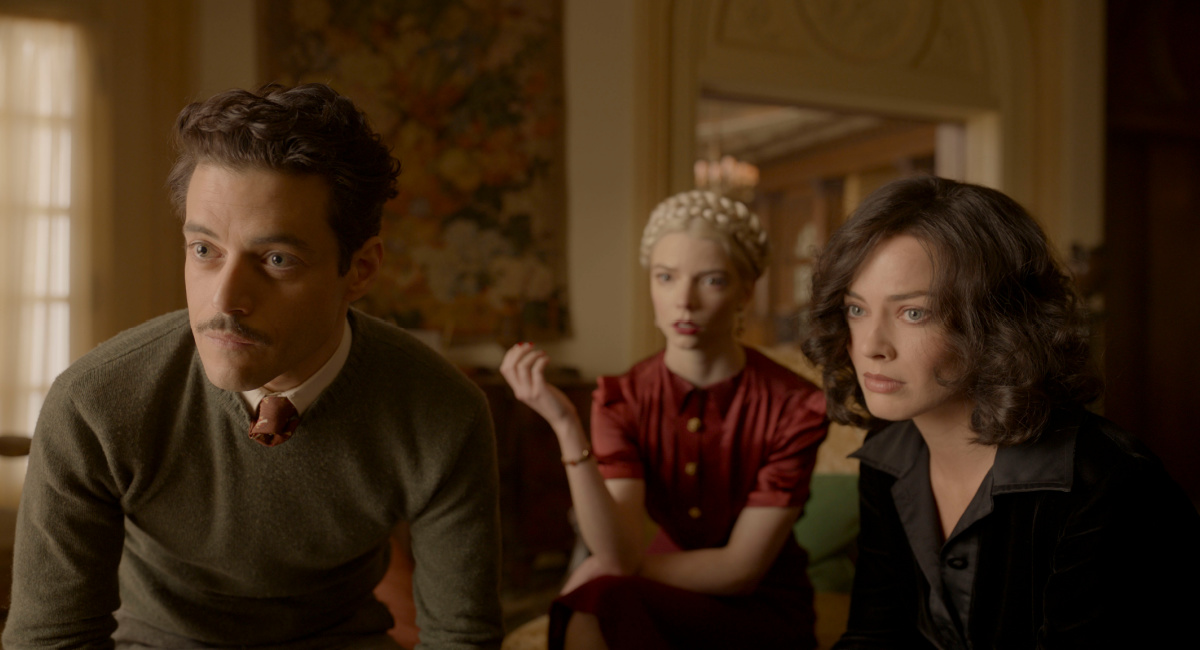
(L-R): Rami Malek, Anya Taylor-Joy, and Margot Robbie in 20th Century Studios' 'Amsterdam.' Photo courtesy of 20th Century Studios. © 2022 20th Century Studios. All Rights Reserved.
In the movie’s defense, there are some typically superb examples of production and costume design, while cinematographer Emmanuel Lubezki brings light and life to the whole thing. Russell and his editor Jay Cassidy try to keep the whole thing together, but the whole is most certainly less than the sum of its parts.
But if Russell was intending to blend farce with fact (a title card at the start announces that “some of this actually happened, which feels more like a lazy stab at meaning than a commitment to anything real), he’s way off with this one.
Coming from the director of ‘Silver Linings Playbook’, ‘Three Kings’ and ‘The Fighter’, it has the feeling of a filmmaker who never wants to be pigeonholed into one particular style or genre, but has this time settled for madcap and serious all at once. It doesn’t work.
‘Amsterdam’ is proof that even the highest wattage of star power can’t always supply the energy that a film needs. Especially once as poorly conceived and structured as this one.
‘Amsterdam’ receives 2.5 out of 5 stars.
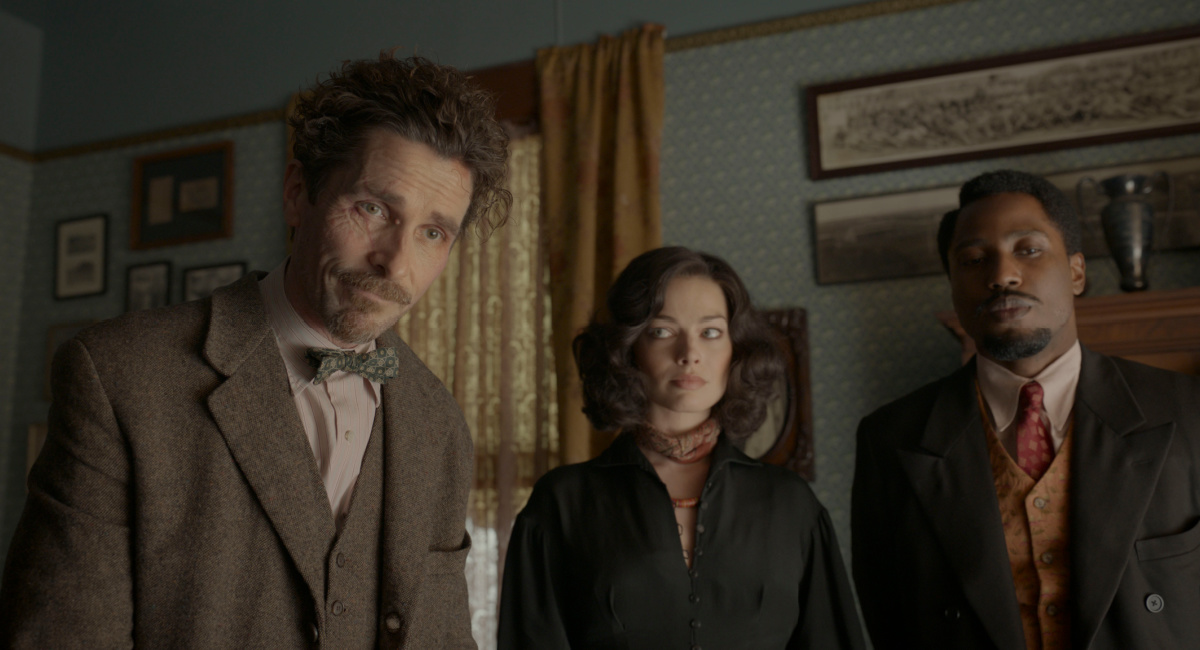
(L-R): Christian Bale, Margot Robbie, and John David Washington in 20th Century Studios' 'Amsterdam.' Photo courtesy of 20th Century Studios. All Rights Reserved.
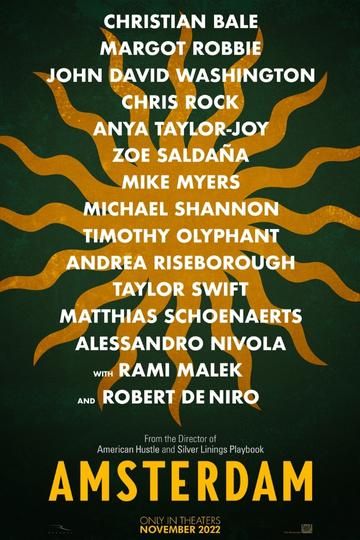
Amsterdam
In the 1930s, three friends—a doctor, a nurse, and an attorney—witness a murder, become suspects themselves and uncover one of the most outrageous plots in American... Read the Plot

